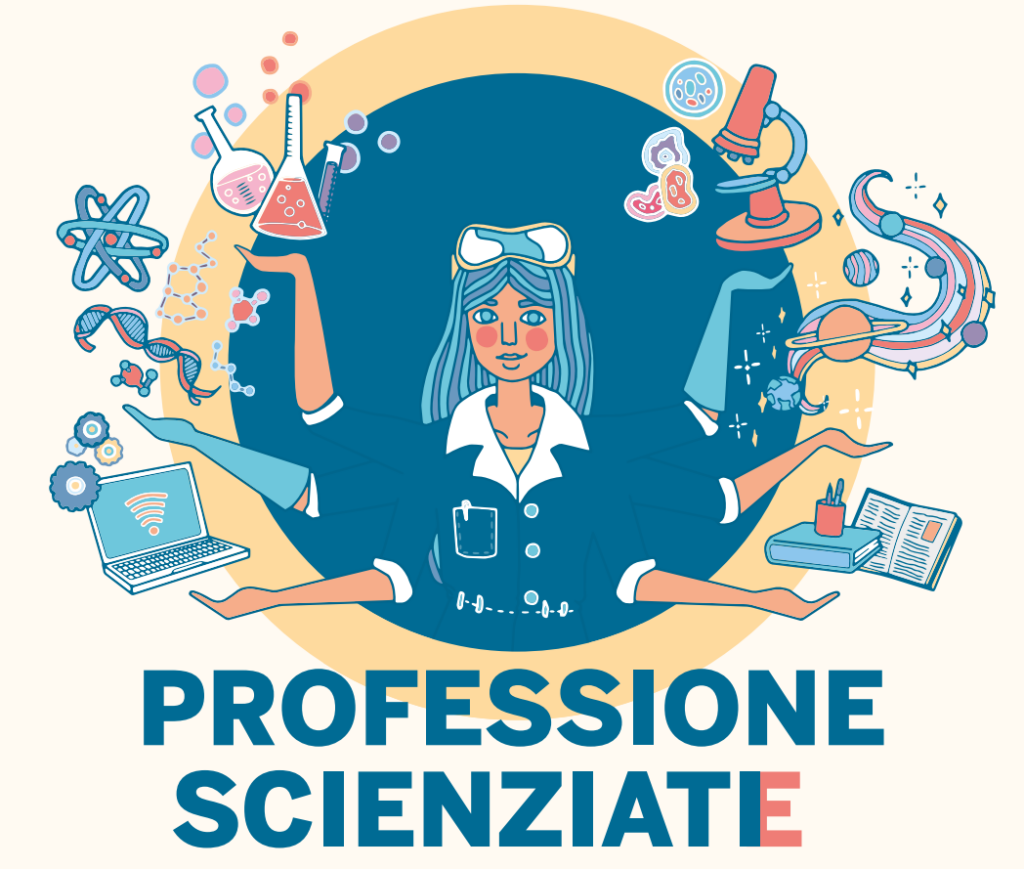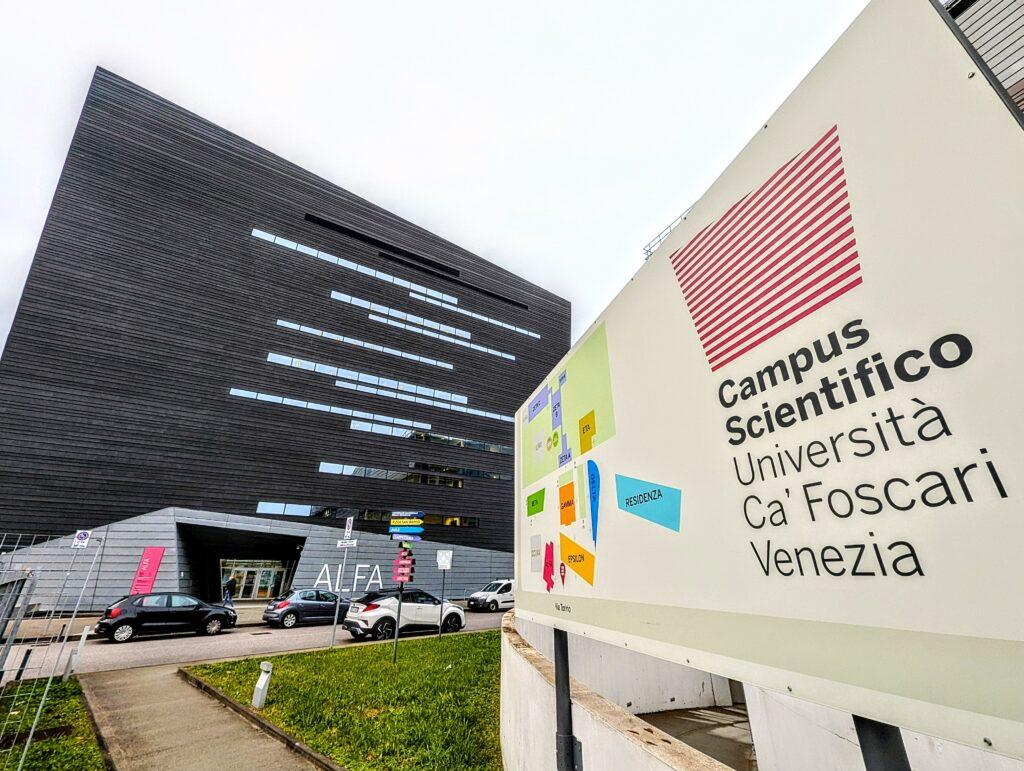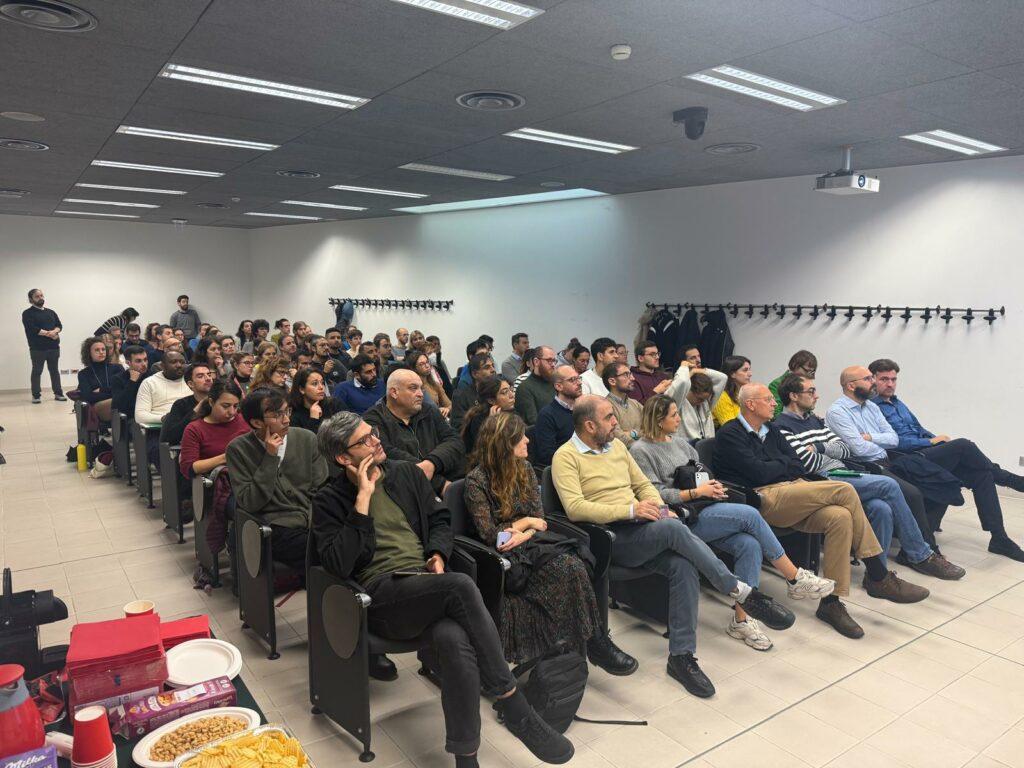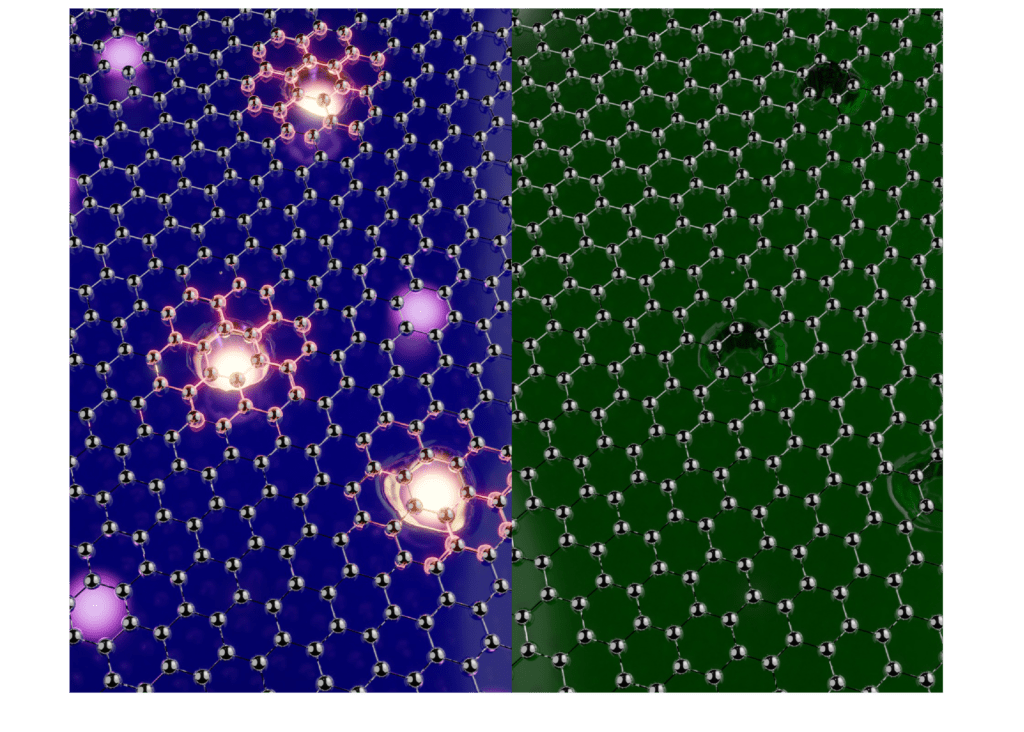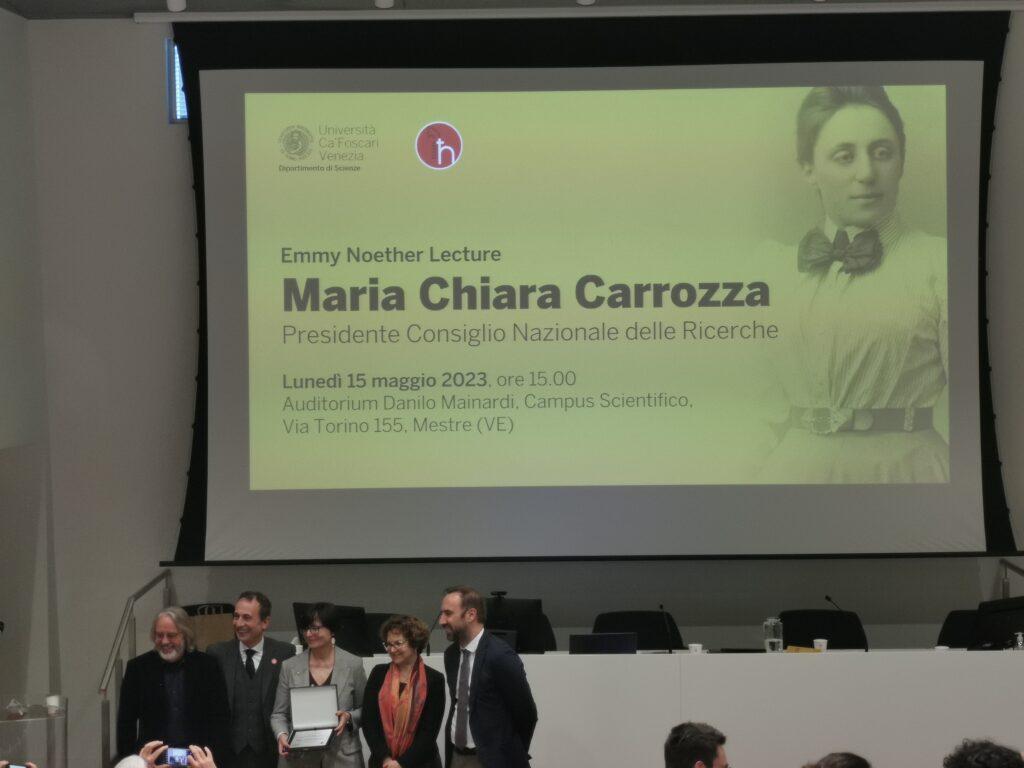SUPERVenice Shines at Orientation Event
On January 17, 2025, SUPERVenice, the group of engineering and physics innovators, left a lasting impression at the sixth edition of Professione Scienziate. Held at the Alfa Building on the Ca’ Foscari Science Campus in Venice, the event was a platform to showcase the fascinating and practical aspects of STEM fields to high school students from across the region. This year’s event was particularly successful, with SUPERVenice captivating hundreds of visitors with their engaging and hands-on demonstrations. The SUPERVenice stand drew significant attention, showcasing a range of interactive experiments designed to inspire and educate. Among the highlights: The SUPERVenice team’s innovative approach drew large crowds throughout the event, with students and teachers alike praising the accessibility and excitement of the presentations. Beyond simply entertaining, these demonstrations effectively communicated the practical and transformative power of engineering physics, igniting interest among students who are now considering enrolling in the bachelor’s and master’s programs in Engineering Physics at Ca’ Foscari. The event marked a significant milestone in the orientation efforts aimed at encouraging high school students to pursue STEM careers. SUPERVenice’s ability to bridge complex scientific concepts with engaging and relatable demonstrations solidified its reputation as a leader in fostering the next generation of engineers and physicists. As the enthusiasm from Professione Scienziate fades into memory, SUPERVenice looks forward to welcoming these inspired students to its programs, where they will embark on a journey of discovery and innovation. Event Link: https://www.unive.it/data/agenda/6/96921
SUPERVenice Shines at Orientation Event Read More »

